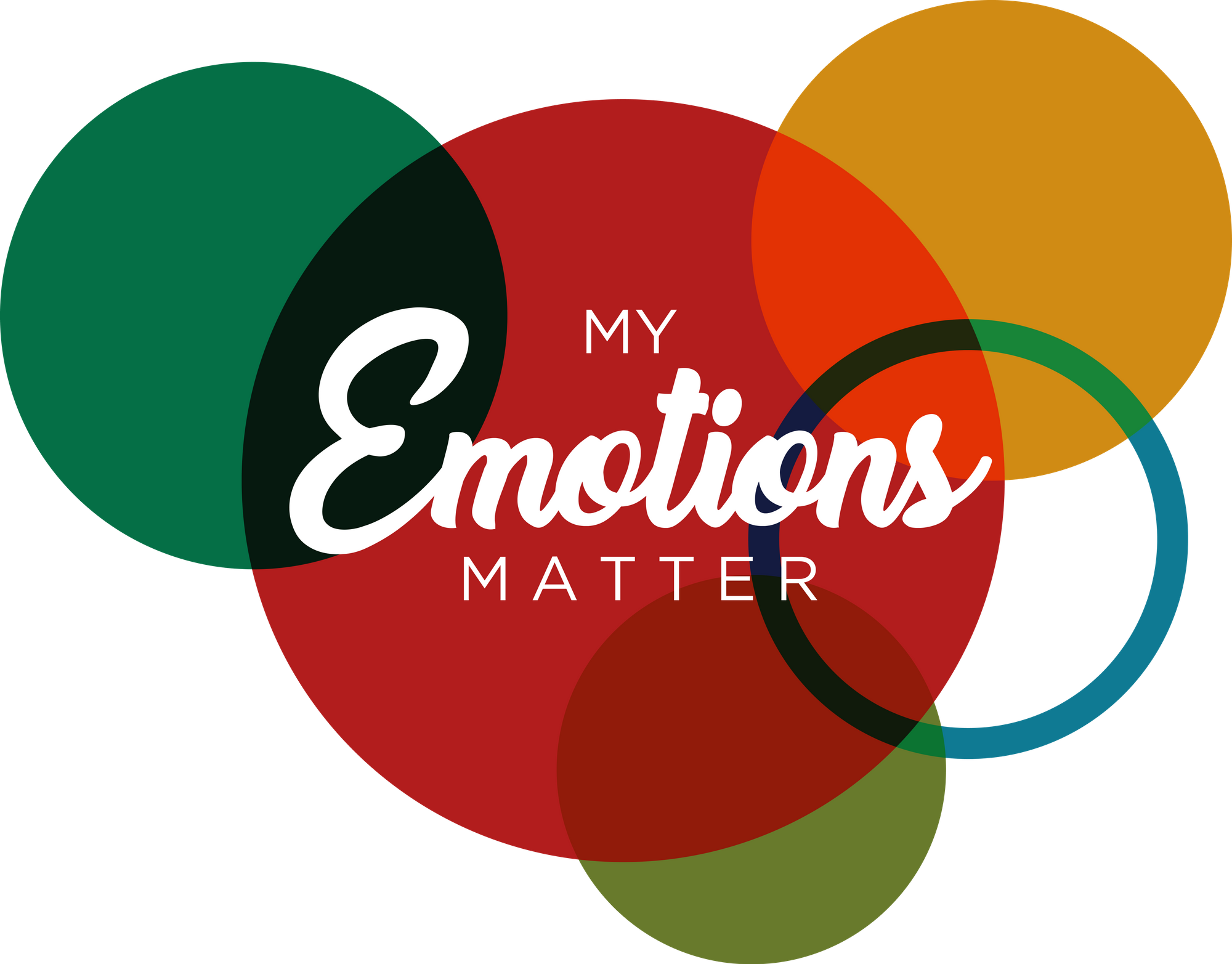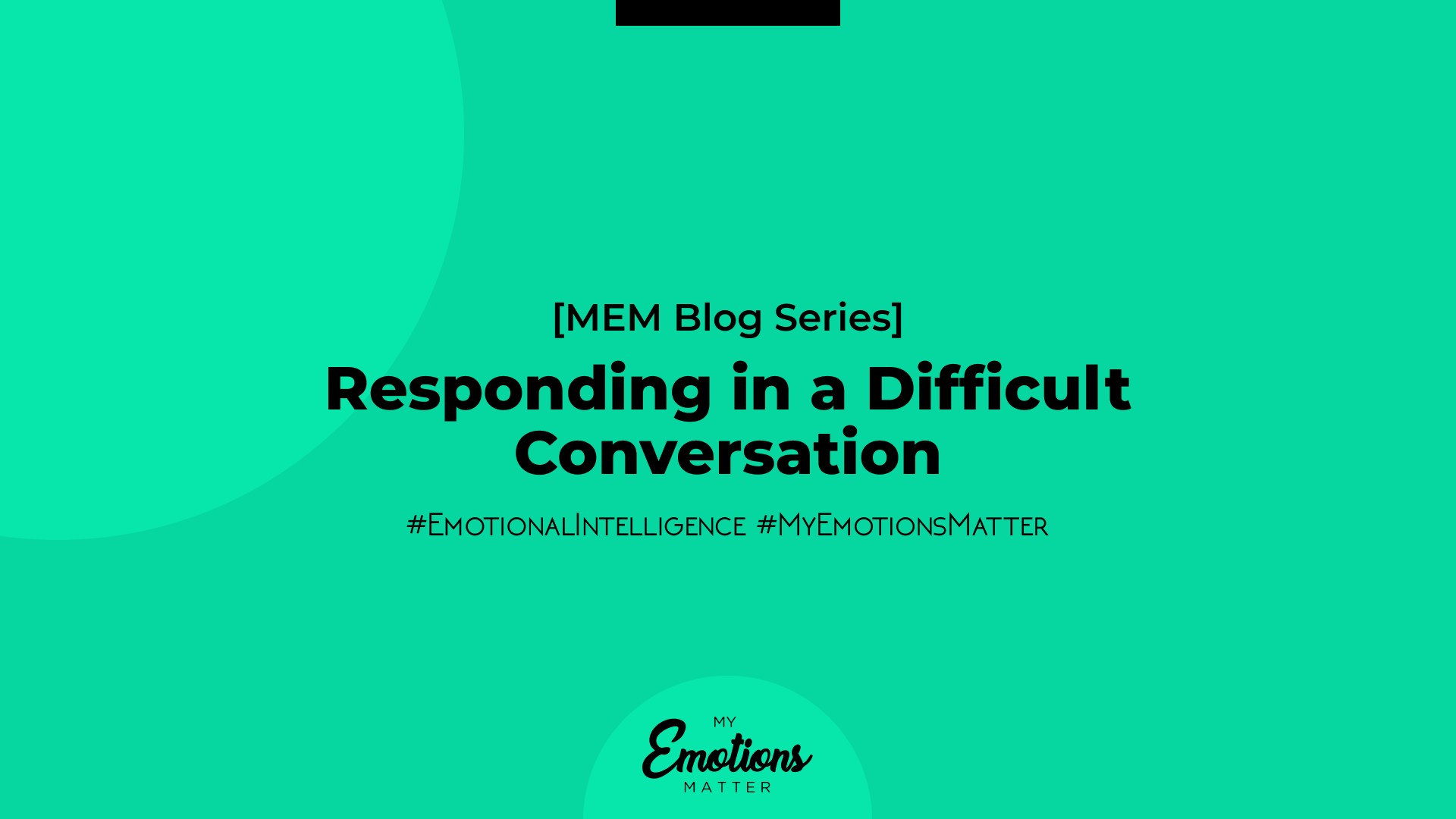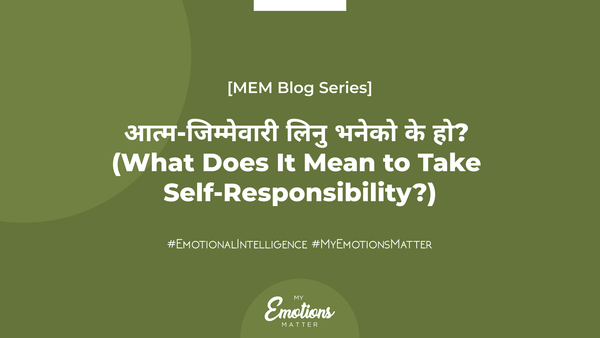Responding in a Difficult Conversation
Operating with a Responsive means connecting with the needs, objectives, and challenges of the people around us. This, of course, includes ourselves too.
Here’s a breakdown of what it means to operate with a Responsive Mindset, especially in difficult conversations.
Defining a Difficult Conversation
A ‘Difficult Conversation’ is one where three elements are present:
- Stakes are high (it is difficult to leave this issue because it matters to us)
- Opinions vary (the other person may disagree, and this could lead to a conflict- therefore, remaining silent feels so appealing)
- Emotions run strong (we have an emotional response that we perhaps haven’t verbalized yet)
When approaching a Difficult Conversation, the most unhelpful approach is to stay in a Reactive Mindset. What does this mean?
Position 0
Position 0 refers to being stuck in judgmental thoughts. Here, we are so focused on criticizing (they make my life difficult!), judging (they are so inconsiderate), and demanding (if they don’t do as I say!). In this position, it is not just another person’s needs and challenges we are disconnected with but also our own.
Shifting to a ‘Learning Conversation’
With a Responsive Mindset, we shift from what we perceive to be a Difficult Conversation to a ‘Learning Conversation.’ The shift looks something like this:
They just don’t understand —> This is important for both of us.
Their emotions aren’t justified —> Their emotions come from their needs.
Our strategies are incompatible —> Our needs are universal.
Position 1
Position 1 is about taking the time to transform judgmental thoughts into concrete actions that affect us, our feelings, and the needs behind those feelings, as well as actions that we’d like to request of the other person to better meet our needs. This is level 1- it is a step up from Position 0. In this position, we also think about how the interaction feels like a threat to our own identity and how this might be affecting us.
Position 2
Position 2 is about extending empathy to the other person’s needs, objectives, and challenges. We don’t have to agree with their ways, but here, we try to understand: what needs drive their behavior? What are their feelings? What identity of theirs is perhaps threatened? What requests could they be making of us? This is level 2- it is a step up from focusing only on ourselves.
Position 3
Position 3 is about zooming out from the conversation and seeing it as a neutral observer. Who are the people involved? What are they feeling and needing? What would help them resolve this together?
Difficult Conversations are inevitable. What’s more important is whether we are stuck in judgments or transforming ourselves to make it a Learning Conversation. The difference is always your mindset- whether you’re operating from a Reactive or a Responsive Mindset.




